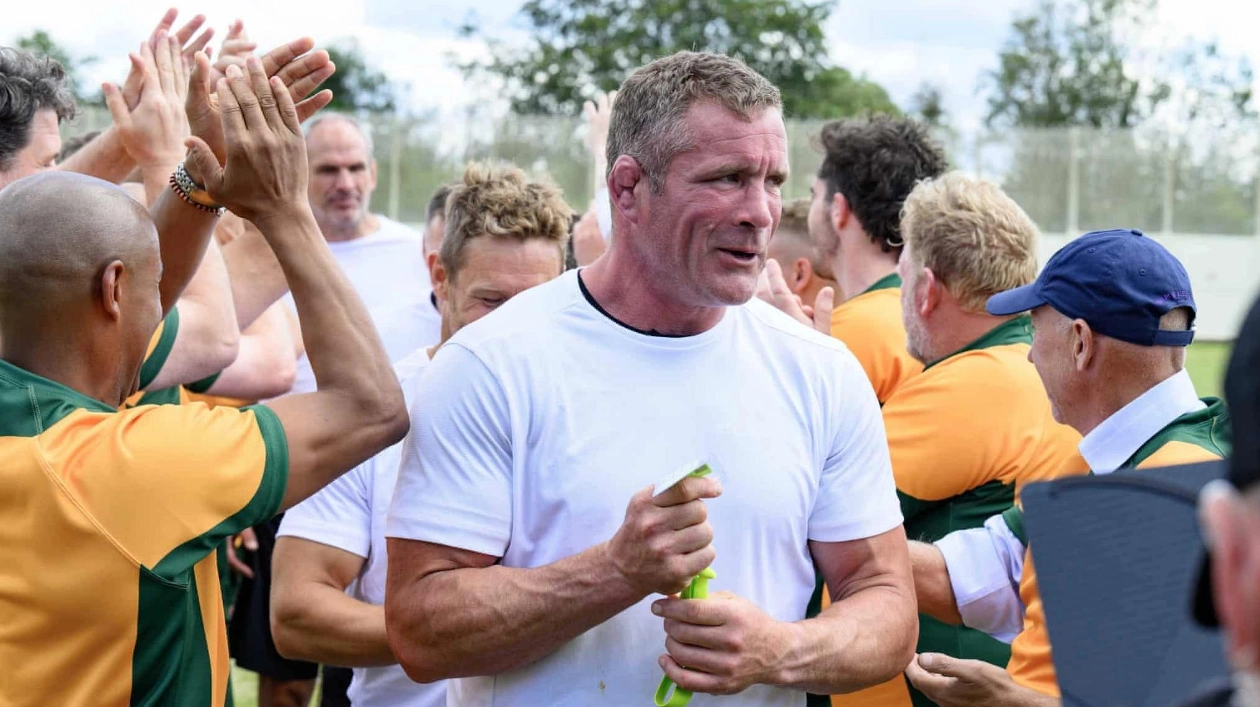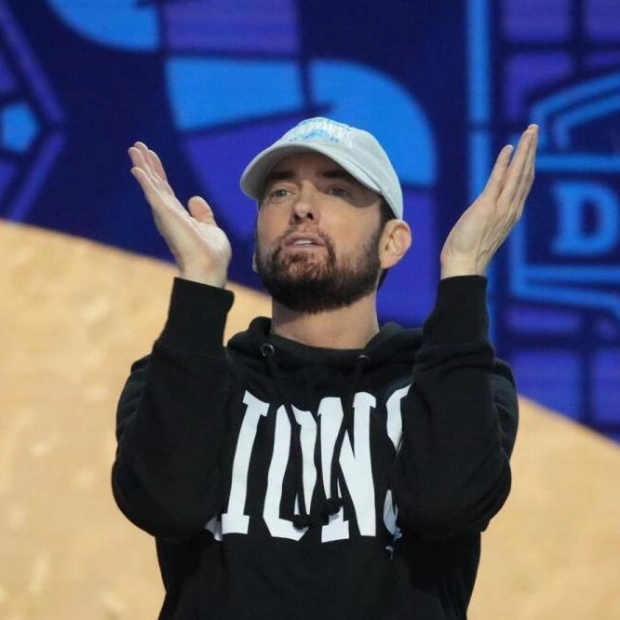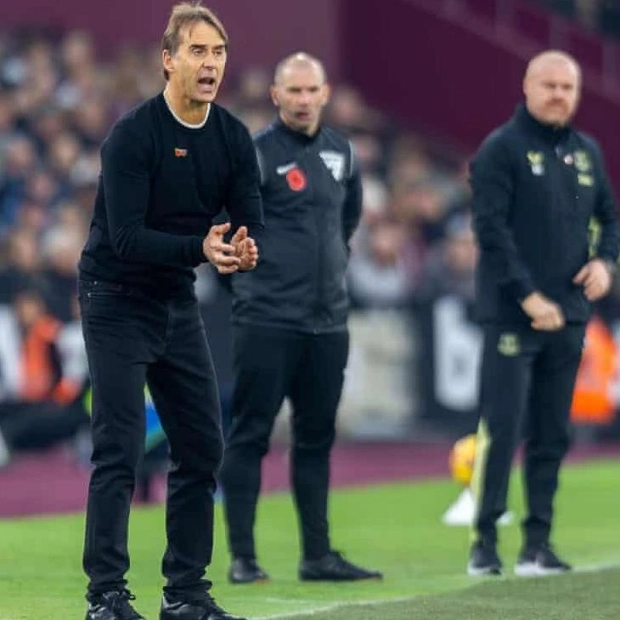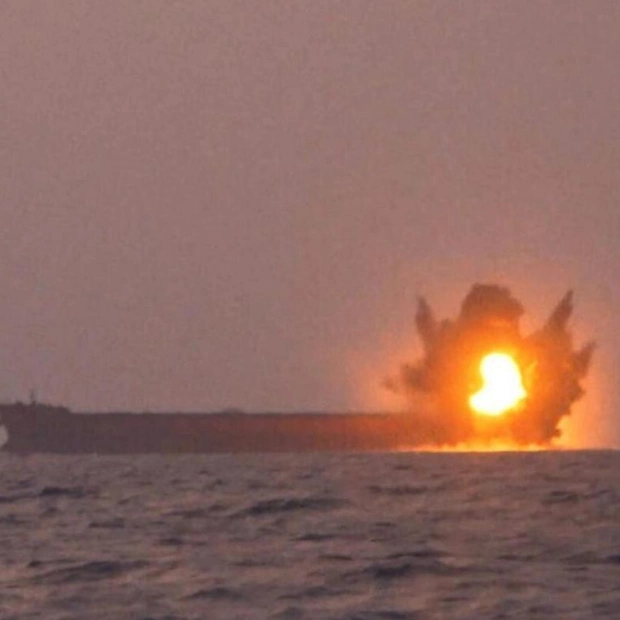Phil Vickery sighs, his cheeks flushed and eyes glistening. “I’ve always been quite emotional,” he admits. “I don’t know why. Maybe it’s my upbringing, being the middle child, the one who was often overlooked. No one ever handed me anything. I used to argue with sports psychologists who’d say, ‘Emotion clouds judgment.’ But when you’re in a scrum, a meter and a half apart, facing a tonnage that wants to take you down, you need that emotion. If you don’t have it, something’s wrong.”
Retirement has been tough for Vickery. As a player, he channeled his emotional energy into his performance. Now, he sometimes struggles to find an outlet for it. It’s been 14 years since his last match, after a 20-year career that included 73 caps for England and five for the British & Irish Lions. He still bears the physical and emotional scars. Some wounds have healed, others are still being tended to, visible or not. He’s faced divorce, bankruptcy, and significant mental health challenges. While he remains phlegmatic, the pain is undeniable.
When the 10-year reunion for the 2003 World Cup-winning team was held in 2013, Vickery couldn’t bring himself to attend. “I physically couldn’t go,” he recalls. “It made me feel sick. Reflecting on those years of emotional struggle now feels normal because I didn’t know any better. It’s only when you hit rock bottom that you can’t hide it anymore.”
Eleven years later, he’s ready to be part of the 21st reunion and the documentary ‘Unbreakable.’ Watching it is an emotional experience. While life has treated many of his teammates well, Vickery’s journey has been harder. As his former teammate Ben Cohen puts it, they were “a crash-test dummy generation,” the first professional players who weren’t fully supported during or after their careers. Vickery and his teammates were famously sent back to play for their clubs the weekend after winning the World Cup. Now, the 2003 squad has launched a foundation to address these issues. “Some of us need financial support,” Vickery says. “Others need emotional support. Some just need camaraderie.”
Victory shouldn’t come at such a cost, and those who run the sport should be ashamed of how some players, who gave everything to it, are now struggling. “It’s not about blame,” Vickery emphasizes. “It’s about acknowledging reality. Not everything is doom and gloom. We have incredibly successful people in the squad. But everyone is fighting a battle somewhere. If someone like me, with all my achievements, can stand up and say, ‘I’ve struggled too,’ maybe it can help someone else.”
Vickery is also part of a legal action seeking compensation from World Rugby, the Rugby Football Union, and the Wales Rugby Union for alleged negligence in protecting players from brain injuries. “I knew I had memory and brain issues,” he says. “When I had a scan, it showed probable CTE. I told the doctor, ‘I know something’s wrong.’ But I didn’t want to do anything about it. Many people are in denial, but I know the reality.”
Until now, Vickery avoided speaking publicly about the lawsuit, fearing it might harm the sport he loves. “I haven’t challenged anything openly,” he says. “I’m not angry or bitter. The reality is, in a few years, I might need help. I want to secure my future so those who care for me aren’t burdened. I don’t think that’s unreasonable. If others disagree, that’s fine. But when people say, ‘You knew what you signed up for,’ I didn’t. I don’t remember anyone talking about brain damage. You do have to make sacrifices, but maybe not as many as I’ve had to.”
‘Unbreakable: England 2003’ is available on TNT Sports and on-demand on discovery+.
Source link: https://www.theguardian.com






